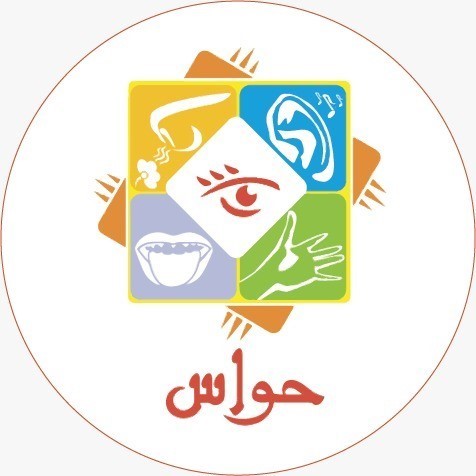Children with visual impairments face many challenges, from learning in school
to performing simple everyday tasks that require sight. But 25-year-old Aseel
Shaqra noticed another difficulty, one you might not think of at first. Visual
impairment raises a huge barrier for children to enjoy cartoons, affecting not
only their access to entertainment, but also their
social relationships, as
they may not have the same associations with on-screen “heroes” as their peers.
اضافة اعلان
“A mother of a
blind girl told me that her child does not sit with (the family) when they are
watching TV, because she does not know what is happening in the movie,” the
young woman explained. “This made her feel bad.”

While
accessibility options do exist in multiple languages, Shaqra was surprised to
find a lack of
Arabic content and materials on the internet for blind children.
This inspired her to found Hawas, a project that provides Arabic audio
description for movies and TV programs targeting young children.
“I saw a
platform that provides films and series for blind children, but in the English
language, and it was not available in Arabic. I searched for content in Arabic,
but it is not found in all the Arab world,” she said.
“I decided to be
the first person to provide these series in the Arabic language.”
In audio
description, a narration track fills in the silences between conversations by
summarizing what is happening on the screen, without interfering with the
experience of other viewers. Through these descriptions, children who are blind
or visually impaired can access TV programs and movies, “seeing” their favorite
shows through their ears as they listen to the actions being described
on-screen.
Even children
with no visual impairments can benefit educationally from audio description, as
it allows them to connect what they see on the screen with new vocabulary.
However, “the project is especially for blind children, so that they can
imagine and visualize the scenes in a more accurate way,” Shaqra told
Jordan
News.
The Arabic word
“Hawas” means senses, and the founder said she chose this name in order to draw
attention to the five human senses and their importance, to inspire other
projects and initiatives to support those who have impairments related to the
senses.
In 2019, Hawas
started providing Arabic audio description of movies and series for blind and
visually impaired children between the ages of six and 15. In this way, said
Shaqra, the children can absorb and imagine the scenes and the characters whose
voices they know well.
Hawas project
has an integrated team: Shaqra writes the audio description and records it in
her voice, and a proofreader checks the content. The team also includes a
producer and a blind child who provides feedback on the content. To produce the
audio, the Hawas team uses audio equipment and editing programs.
“Through the Hawas project, blind children are
able to enjoy imagining scenes in series and movies. Before, this was a big
problem for them,” Shaqra said.
Hawas broadcasts Arabic films and TV on a
YouTube channel called “Hawas Kids”. The videos it features, such as the Kalila
and Dimna series, teach children the Arabic language, according to the founder.
Furthermore,
Shaqra shares a trailer for each episode through Hawas’ social media platforms
to keep her audiences interested and interacting.
The young founder has organized several
initiatives in cooperation with the Association for the Blind. She has received
awards from Haya Cultural Center, the
Jordan River Foundation, the Ministry of
Youth, and Queen Rania Center for Entrepreneurship.
“After the first
initiative, when I saw blind children smile and enjoy these films, this
encouraged me to continue with this project,” she reflected. “In the future, I
hope to build a center for blind children.”
Read more Books
Jordan News



